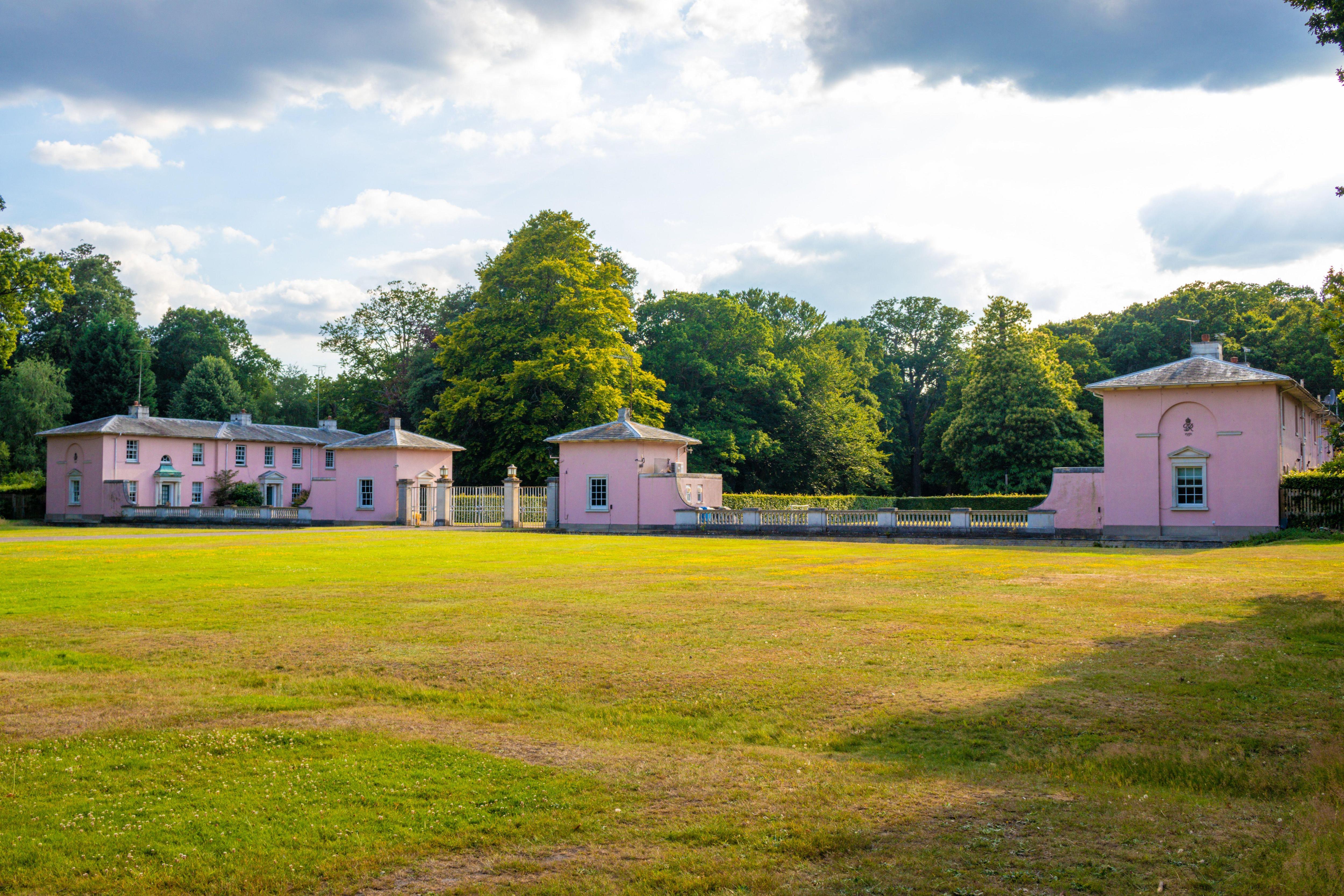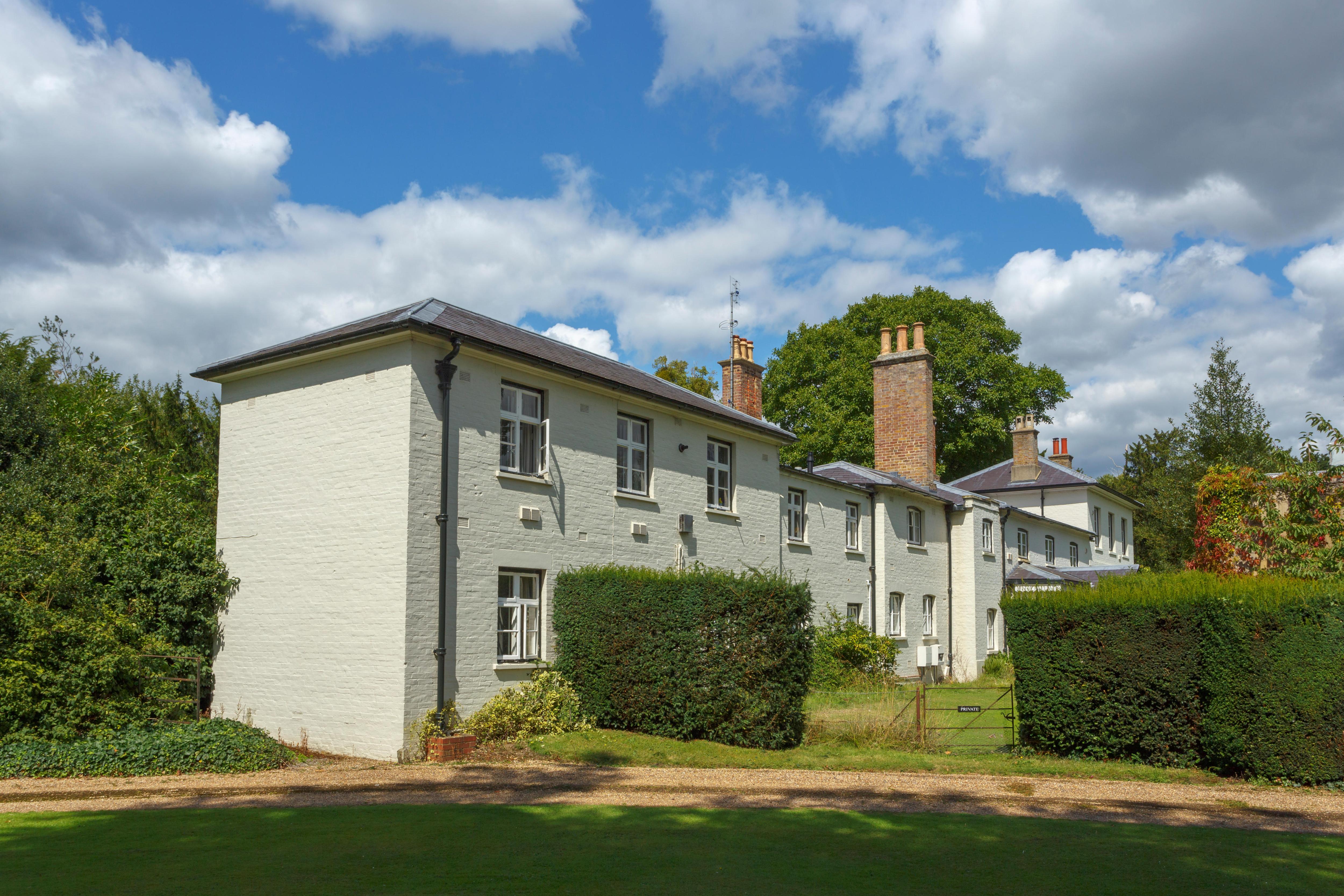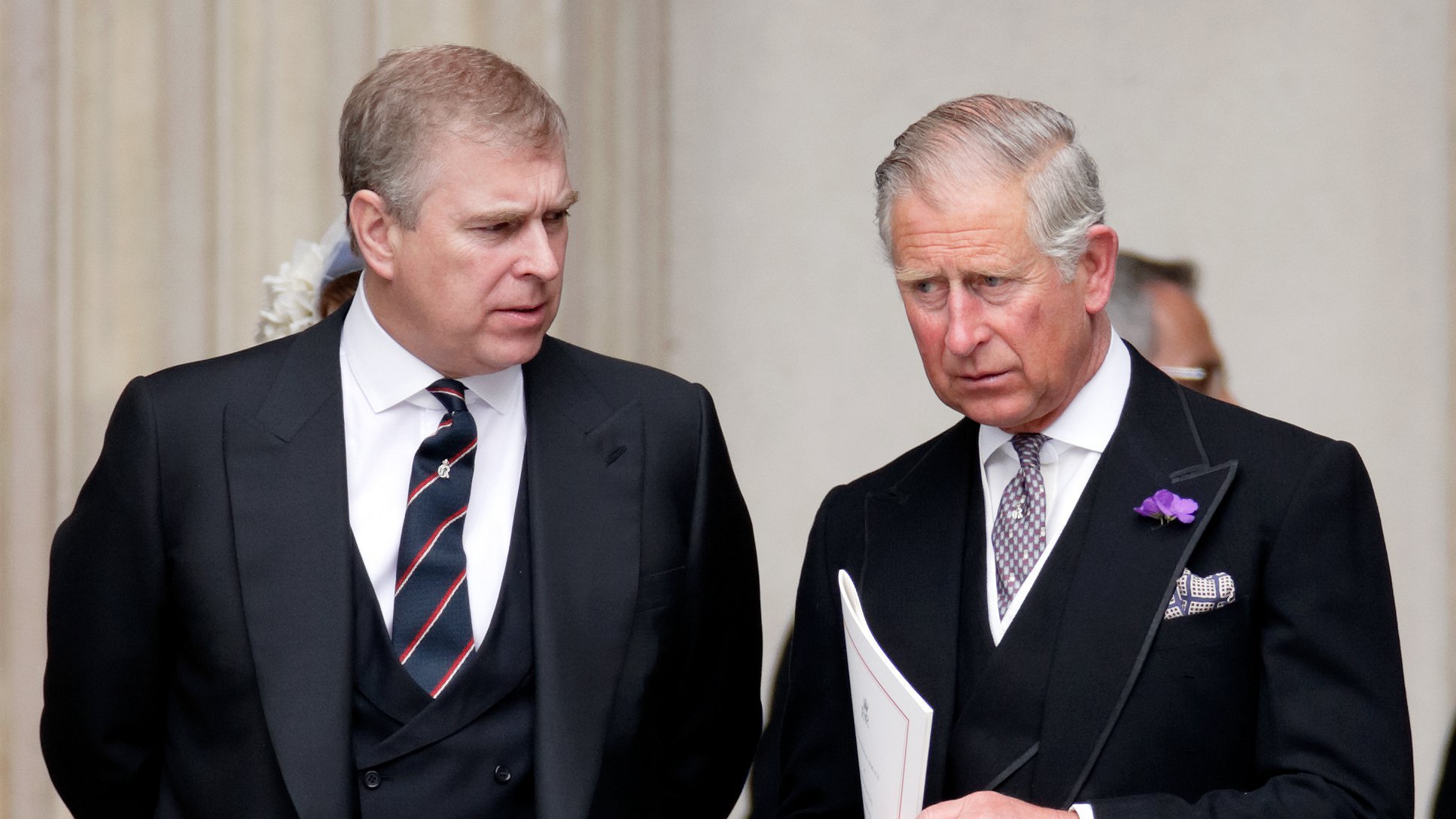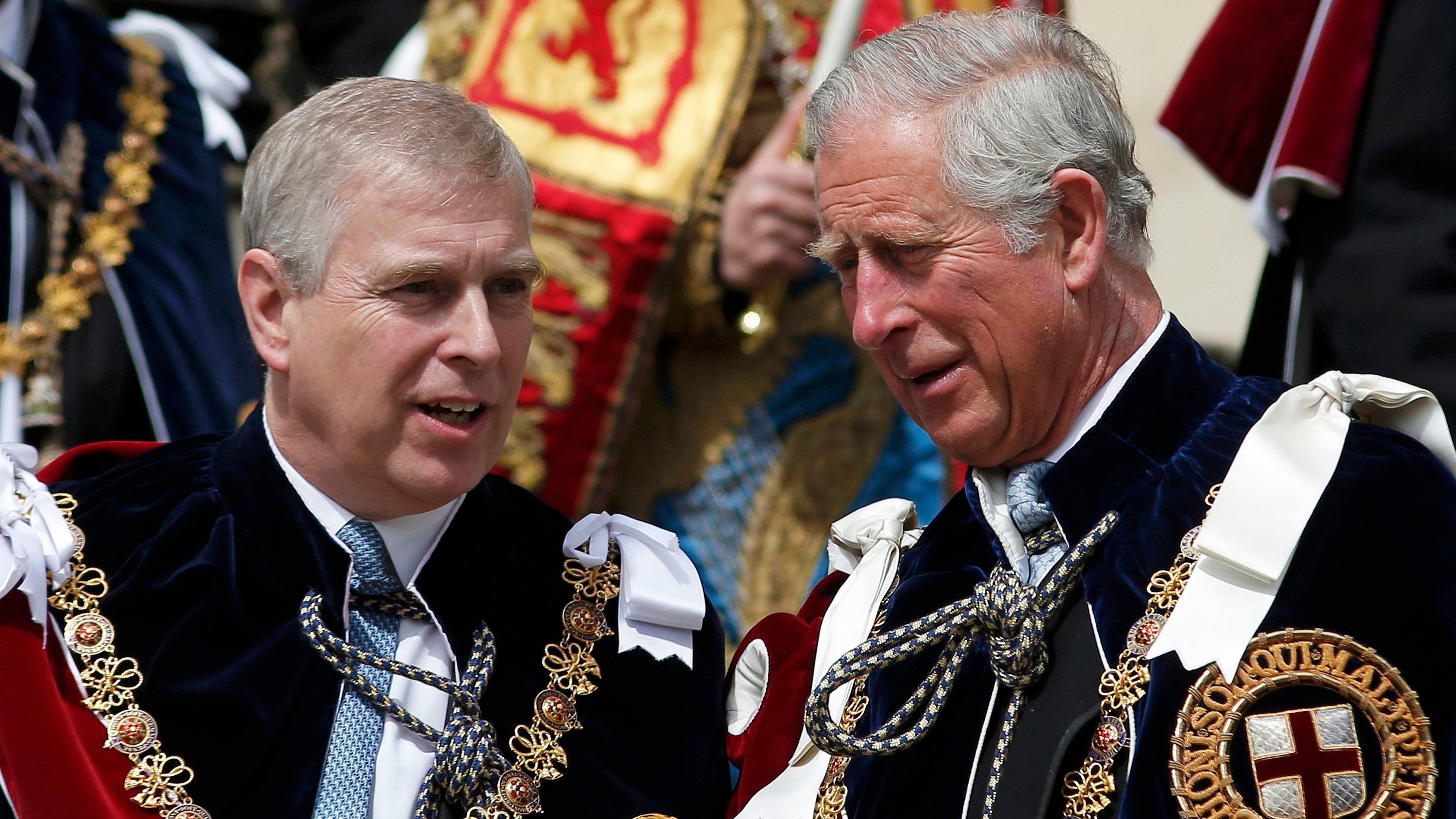The Duke of York has raised the funds to be allowed to stay at Royal Lodge.
It is understood that Prince Andrew’s money has been approved by Sir Michael Stevens, the keeper of the privy purse, as coming from legitimate sources.
Andrew, 64, received written notice earlier this year that King Charles, his older brother, would cut him off financially if he refused to move out of the estate in Windsor and into more modest accommodation. The duke lives in the 30-room estate in Windsor Great Park with his former wife Sarah Ferguson under a lease agreement with the Crown Estate which is valid until 2078.
Since Andrew stepped down from official royal duties five years ago, Charles had continued to finance Andrew’s lifestyle from his private funds, including round-the-clock security understood to cost about £3 million a year.
Charles, 75, had urged his brother to move out of Royal Lodge and into nearby Frogmore Cottage, the former home of the Duke and Duchess of Sussex. It is within the Windsor security cordon, which would dramatically reduce the security bill for Andrew.
Advertisement
In what sources close to the situation called “the siege of Royal Lodge”, Andrew refused to move out. Charles’s patience finally ran out last month, when he stopped paying for Andrew’s security.
However, in an unexpected twist, Andrew has now convinced Palace authorities that he has sufficient funds from legitimate sources to support himself. He no longer receives public money and with no discernible income beyond a Royal Navy pension there have long been questions over the source of the duke’s wealth.
He sold his Sunninghill Park home in 2007 for £15 million, some £3 million over the asking price. The house, a wedding present from the Queen in 1986, was bought by Timor Kulibayev, the son-in-law of Kazakhstan’s president via an offshore trust in the British Virgin Islands.
Andrew became friends with Jeffrey Epstein, claiming he first met him in 1999, and then in 2010 visiting the financier in his New York mansion after his conviction for sex offences. Ferguson accepted £15,000 from Epstein to pay off a debt, a decision she later described in 2012 as a “gigantic error of judgment”.
The Duke and Duchess of York sold a ski chalet they owned in the Swiss ski resort of Verbier in 2022 and Ferguson has since bought a £5 million property in Mayfair, London.
Advertisement
Bloomberg News reported that Andrew had taken out a £1.5 million personal loan with the Luxembourg-based private bank Banque Havilland in December 2017 which was paid off 11 days later by companies connected to David Rowland, a multimillionaire Conservative donor and financier.
Andrew Lownie, who is writing a joint biography of the Duke and Duchess of York, said he was not surprised that there should be questions about the source of Andrew’s wealth.
Lownie said: “As the duke himself admitted in his Newsnight interview, Jeffrey Epstein introduced him to useful business contacts. He also developed lucrative connections in Central Asia and the Middle East during his ten years as special representative for trade and investment. There have long been concerns about how he has since used those contacts. Now he is no longer a working royal, there is far less scrutiny of his business activities — but it is an area that needs to be looked at.”
Andrew stepped down from royal duties following a disastrous Newsnight interview in which he sought to explain his friendship with Epstein. He no longer receives public money but he has also had unexpected expenditure. When Epstein’s victim Virginia Giuffre brought a civil case against the duke in America, Andrew made an out-of-court settlement. The payout was not disclosed but was widely reported to have been a multimillion-pound figure. The settlement did not include an acceptance of liability and the duke has consistently denied any wrongdoing.
Back at home, there are also bills to be paid. Andrew moved into Royal Lodge, the former home of the Queen Mother, after signing a lease with the Crown Estate. He spent nearly £7 million on renovating and updating the property. However, the commercial lease agreement requires Andrew to adhere to a “planned maintenance guide”, requiring him to “repair, renew, uphold, clean and keep in repair and where necessary rebuild”.
Advertisement
A source said: “If Andrew can pay for his own upkeep with legitimate means, then it is not an issue. But the King’s patience has run out when it comes to funding his brother’s lifestyle in a way that does not fit his status.”
The duke could not be reached for comment. Buckingham Palace declined to comment.






